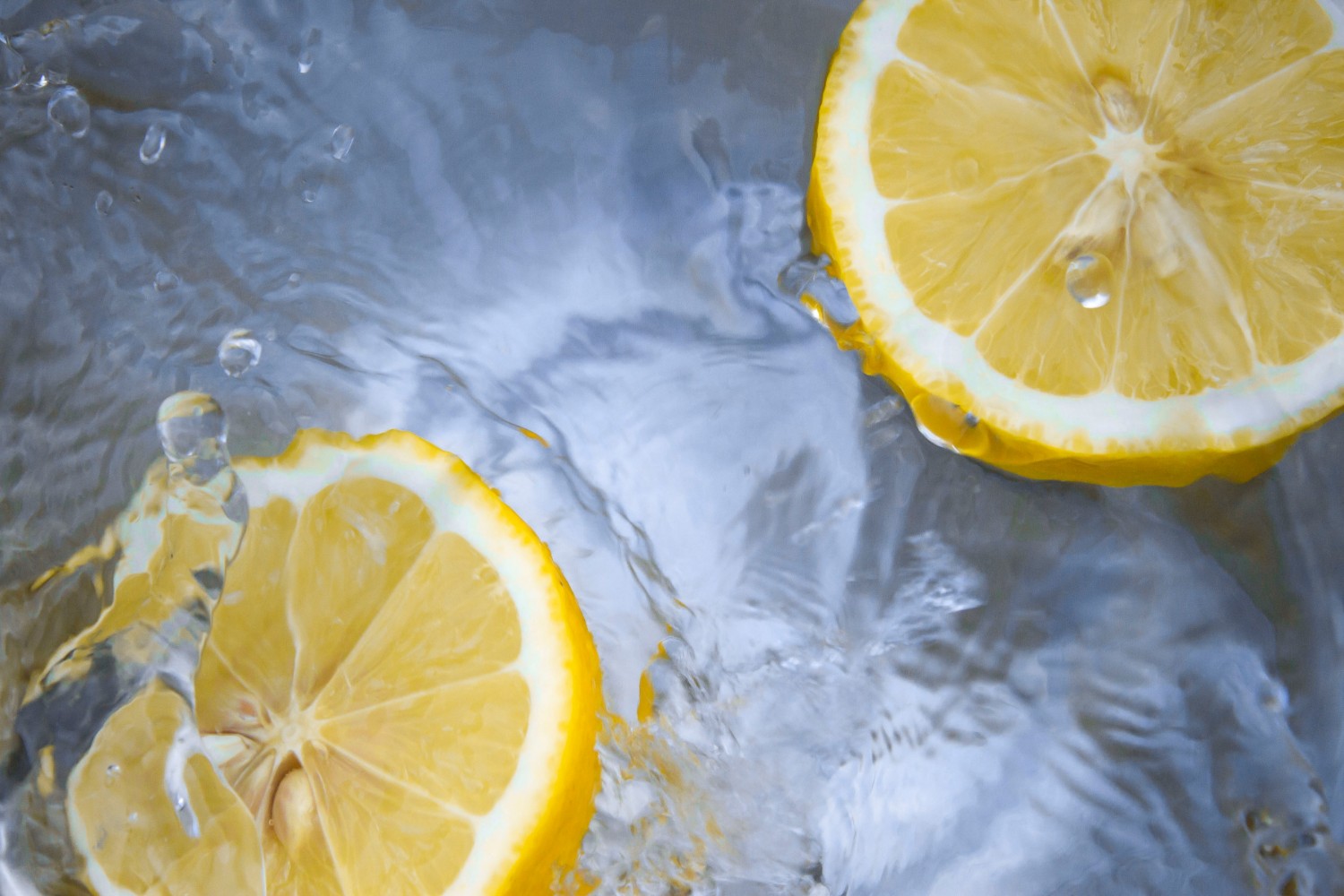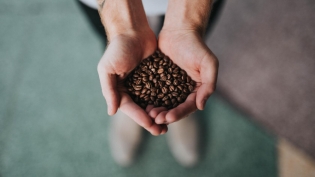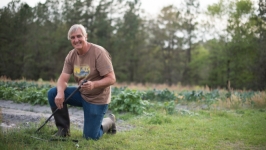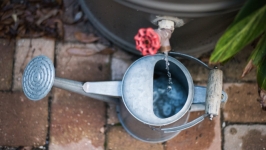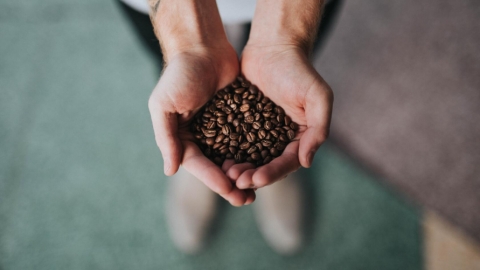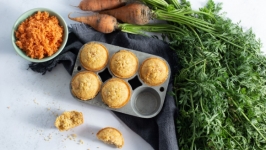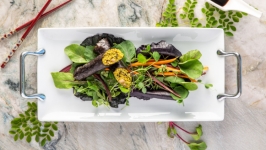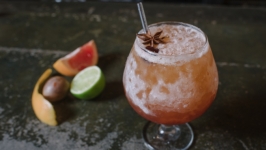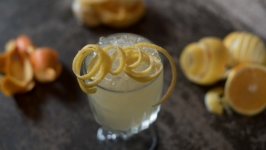10 Tips for Saving Water at Home
April is Water Conservation Month --- but each and every day presents an opportunity to conserve one of our region's most precious resources. With these 10 simple tips, you can lower your monthly water bill and do your part to save hundreds of gallons of water.
INDOORS
• Only run your washing machine and dishwasher when they are full.
• Use the shortest clothes washing cycle for lightly soiled loads; normal and permanent-press wash cycles use more water.
• Thaw frozen food in the refrigerator or microwave, not under running water.
• Scrape, don’t rinse, your dishes before loading in the dishwasher.
• Install high-efficiency showerheads, faucets and toilets.
OUTDOORS
• Check your home’s irrigation system for leaks.
• Turn off your irrigation system and only water as needed.
• Don’t leave sprinklers unattended. Use a kitchen timer to remind yourself to turn sprinklers off.
• Use a hose with a shutoff nozzle when washing the car.
• Consider installing a rain barrel with a drip irrigation system for watering your landscaping. Rainwater is free and better for your plants because it doesn’t contain hard minerals.
TESTING FOR LEAKS
Leaks are the biggest water waster, both inside and outside your home. Use your water meter to check for leaks. To test, turn off all faucets and water-using appliances and make sure no one uses water during the testing period. Wait for the hot water heater and ice cube makers to refill and for regeneration of water softeners. Go to your water meter and record an initial reading. Wait 30 minutes. (Remember, no water should be used during this period.) Read the meter again. If the reading has changed, you have a leak.
Want more helpful information and tips? Visit the St. Johns River Water Management district website at https://www.sjrwmd.com/water-conservation/
Tips and information provided by the City of Jacksonville's Environmental Protection Board. Interested in getting involved with conservation efforts throughout the city? Stay up to date with EPB initiatives here.


